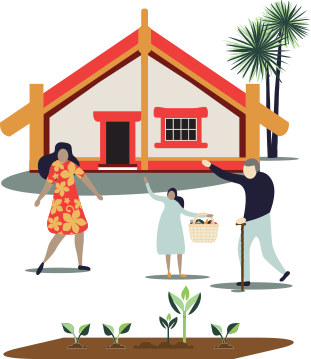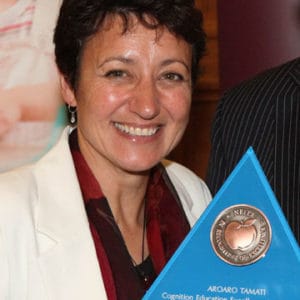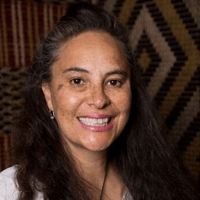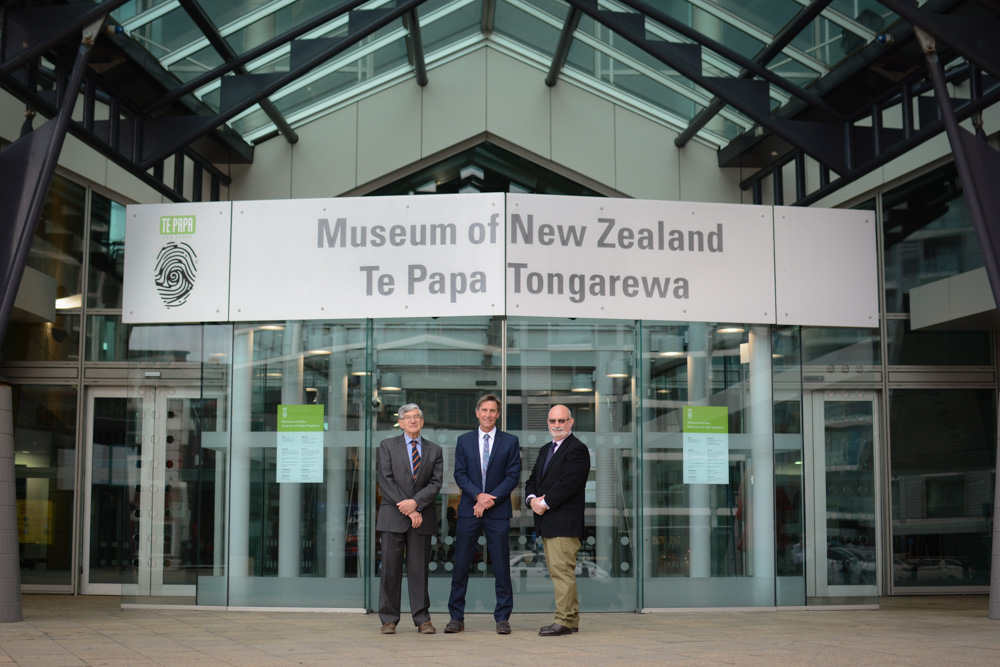TĀ MĀTOU E TŪHURA ANA
What we are investigating
Take | Issue
There has been a lot of research evidence about the impact of chronic conditions, such as cancer, cardiovascular disease, diabetes, obesity and mental health disorders, on individuals in middle and later life. However, the indirect effects on the whānau of those with chronic conditions have been less well-studied, and these are likely to have impacts across the entire life-course.
Whāinga | Aim
This project aimed to understand how living with a person who has a chronic condition affects their whānau – children, partners, carers, elders and household members. It investigated what helps some New Zealand communities to thrive despite high rates of chronic conditions.
This research was intended to inform health policy-makers about the wider benefits of chronic disease prevention and ways of improving the lives of whānau who live with people with chronic conditions.
Huarahi I Whāia | Approach
Two research studies were undertaken:
-
-
- A large cohort of individuals and families were followed over time, using big and linked data sets. The study compared outcomes for those who live in families which contain a member suffering from a chronic disease or mental health disorder, and those who don’t. A wide range of outcomes were assessed at different stages of the life-course.
- An in-depth qualitative study of Tokelauan families assessed the family, household and community strengths that allow people in these communities to thrive despite the challenges of living in families with chronic conditions.
-
Two further pieces of work built on previous research to make novel Māori theoretical frameworks for life-course and intergenerational research available for use by others:
-
-
- The conceptual framework and methodology for Te Kura Mai i Tawhiti, a kaupapa Māori early life and whānau programme which aims to transform Māori outcomes throughout the different life stages, was documented for use in future life-course research.
- The methodology used by Ngati Tiipa to develop their whakapapa database, and the tikanga that will govern its access, use and protection, was documented as a resource for other Māori collectives wishing to undertake intergenerational wellbeing research.
-
Co-Funding
This project is co-funded by:
A Better Start, Healthier Lives, and Ageing Well National Science Challenges.
NGA PUTANGA ME TE PĀNGA
Outcomes and Impact
Putanga | Outcome
The first study found that over 60% of families include at least one person with a long-term health condition, and this rate was higher among multi-generational families and those living in more deprived areas. Mental health conditions and diabetes were the most common long-term conditions.
Next Steps | Te ara kei mua
High levels of family-based health support services are needed among Pacific Peoples, multi-generation families and those in areas of highest deprivation.
Policy changes are needed to enable health service providers to develop:
- culturally appropriate family-based preventative interventions that address modifiable risk factors for long-term health conditions
- family-wide health screening and assessment
- interventions for long-term health conditions that include the whole family.
WHAKAWHITI MŌHIOTANGA
Knowledge Exchange
Puka Rangahau | Academic Publications
-
-
- Long-term health conditions among household families in Aotearoa New Zealand: cross-sectional analysis of integrated Census and administrative data. N Z Med J. 2024 Jun 7;137(1596):20-34.
- Tawhiti nui, tawhiti roa: tawhiti tūāuriuri, tawhiti tūāhekeheke: a Māori lifecourse framework and its application to longitudinal research. (2023) Journal of the Royal Society of New Zealand, 53:4, 429-445
- Longitudinal Associations of Mental Disorders With Dementia: 30-Year Analysis of 1.7 Million New Zealand Citizens. JAMA Psychiatry, 2022, 79(4), 333–340
- Intergenerational, integrative and intellectual Pacific properties and pathways for life (IPforLife): a Study Protocol. NZ Journal of Primary Health Care, 2022
- Oral Health Among Older Adults With Complex Needs Living in the Community and in Aged Residential Care Facilities within New Zealand. Journal of the American Medical Directors Association, 2021
- "It's about who they are and what they can do: Māori perspectives on frailty in later life." New Zealand Medical Journal, 2021
- He Piki Raukura: Understanding Strengths-based Māori Child Development Constructs in Kaupapa Māori Early Years Provision. MAI Journal, 2021
- He Piki Raukura: Assessing Ao Māori developmental constructs – Part II: Mapping positive change over 10 months among preschool Māori children. New Zealand Journal of Psychology. 2021, 50(2), 35-45
- He Piki Raukura: Assessing Ao Māori developmental constructs – Part I: Reliability of novel strengths-based measures among preschool Māori children. New Zealand Journal of Psychology, 2021, 50(2), 22-34
- An interRAI-derived frailty index is associated with prior hospitalisations in older adults residing in retirement villages. Australasian Journal on Ageing, 2021
- Frailty of Māori, Pasifika, and Non-Māori/Non-Pasifika Older People in New Zealand: A National Population Study of Older People Referred for Home Care Services. The Journals of Gerontology. Series A, Biological sciences and medical sciences, 2021
- Longitudinal associations of mental disorders with physical diseases and mortality among 2.3 million New Zealanders. JAMA Network Open, 2021
- Loneliness and social isolation is associated with sleep problems among older community dwelling women and men with complex needs. Scientific Reports, 2021
-
Ngā Rā Nunui | Events
-
-
- Life Course Project Team Hui December 2022 A Better Start National Science Challenge
-
























